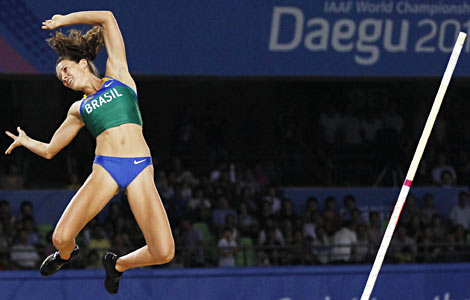China supports reform of UN Security Council
Updated: 2011-09-02 21:08
(Xinhua)
|
|||||||||||
BEIJING - Assistant Foreign Minister Wu Hailong on Friday called for greater representation of developing countries within the United Nations Security Council (UNSC), specifically African nations, as a goal of its reform.
Wu made the remarks at the fourth Lanting Forum held by the Foreign Ministry, where he made a keynote address on the 40th anniversary of the restoration of the lawful seat of the People's Republic of China in the United Nations.
Wu said China supports the rational and necessary reform of the UNSC, in order to make it better reflect the current situation of international politics.
He called on the UNSC to improve its authority and efficiency, so it can better cope with global threats and challenges and perform better in its duty endowed by the UN Charter.
China has actively participated in the discussions and intergovernmental negotiations relating to UNSC reform and maintains frequent communication with related countries, such as Japan, India, Brazil and German, on the issue, he said.
"We value the roles and influence of such countries that are major but currently not permanent members of the UNSC," he said, adding that China hopes these countries will play bigger roles in the UN.
He said the reform package of the UNSC should be comprehensive and take into account the interests of all parties.
He believes that through full negotiation a package that most countries could accept will be reached and eventually the reform of the UNSC will be achieved.
With regard to the UN's role in the future, he suggested it should continue efforts to push for peaceful solutions to hot issues, remain committed to international cooperation on development while promoting social development and the progress of human rights.
He hopes the UN will uphold the authority and efficacy of international regimes on arms control and disarmament and proliferation prevention, continue to uphold international judicial justice, and continue to advance reasonable and necessary reforms.
Hot Topics
Libya conflict, Gaddafi, Oil spill, Palace Museum scandal, Inflation, Japan's new PM, Trapped miners, Mooncake tax, Weekly photos, Hurricane Irene
Editor's Picks
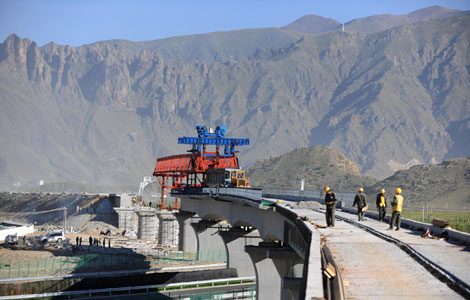
|
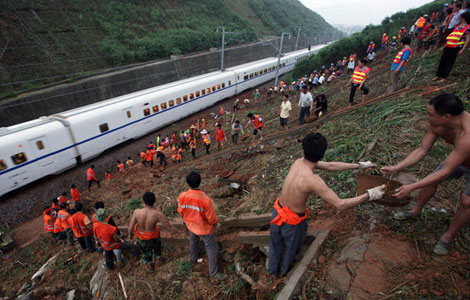
|
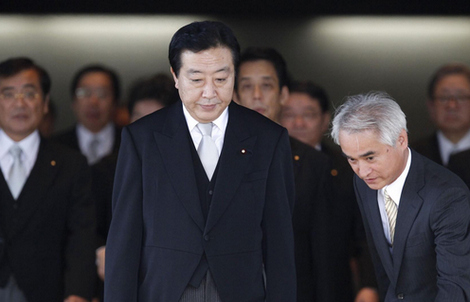
|

|

|
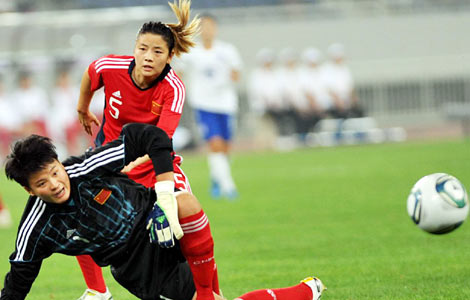
|


